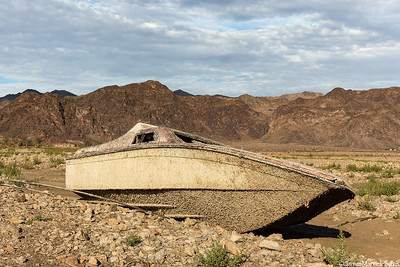Declining enrollment isn’t just a localized problem for colleges and universities around the state. It’s a problem for the state itself. Fewer college graduates compromise the state’s ability to support key industries and sectors. In Michigan’s case, that’s manufacturing, technology, energy and water infrastructure, healthcare, construction and trades, finance, and education.
Manufacturing, which has been left for dead for decades, has made a resurgence, as producers have found it increasingly difficult to rely on overseas suppliers. Technology-based industries rely heavily on higher education institutions to produce software engineers, programmers, and designers. According to the Department of Labor, about 40 million jobs in technology-related fields are and will remain unfilled. The DOL estimates that number will double by 2030.
Energy is another sector that competes heavily for trained personnel. The shift toward clean/renewable/alternative energy sources has created (and will continue to create) significant opportunities for employment and sector growth. Establishing a robust energy industry in the State should be a top priority. Michigan cannot attract new employers without a robust, cost-effective energy production strategy. In fact, Michigan is said to have lost out on massive investments by the Ford Motor Company because of high energy costs.
The list of who Michigan needs goes on, and community college graduates could fill many of these open positions. Unfortunately, community colleges (including Washtenaw Community College) choose a myopic focus on the needs of individual employers rather than seeking out emerging trends and needs.
Michigan has more fresh water than any US state except Alaska. Water management will be essential as global warming changes natural water distribution. That will require building and rebuilding Michigan’s water infrastructure. Cleaning water that has been polluted by industrial waste and haphazard management of sewage and agricultural runoff will be key to ensuring Michigan’s long term prosperity.
Water infrastructure is critical to Michigan’s future
Although clean water is Michigan’s future, less than 1% of Michigan’s workforce is directly involved in water-related employment. That’s unfortunate, because workers whose earnings fall into the 25th percentile in water-related industries make about 75% more than all workers whose earnings all into the 25th percentile. Further, most water infrastructure jobs don’t require a four-year degree. In other words, water infrastructure jobs are high wage jobs that would be open to community college graduates.
The same is true of energy jobs. There is substantial financial reward awaiting people who want to work in the alternative energy sector. And like water infrastructure jobs, energy sector jobs pay more than average and do not require four-year degrees.
It’s not hard to project energy and water needs in the State in 10 years. They’ll be rising. The question is whether or not Michigan’s community colleges have participated in preparing the workforce for the new economic realities.
Right now, they’re not doing this. Community colleges can either play an integral part in Michigan’s future, or they can relegate themselves to the history books. The administration in place at each community college matters. Right now, WCC has overpaid, under-performing administrations who are unprepared to identify and address the urgent needs of their regions and the State overall. Instead, they’re planning to divert local education funding to build a hotel on campus.
Michigan needs people trained in these specific industries. Where the hell is WCC?
Photo Credit: James Marvin Phelps , via Flickr




















